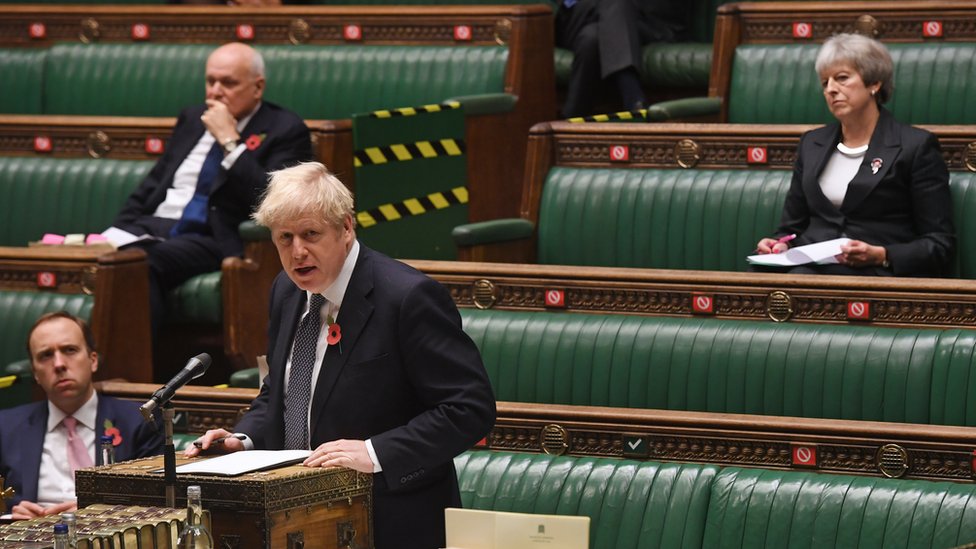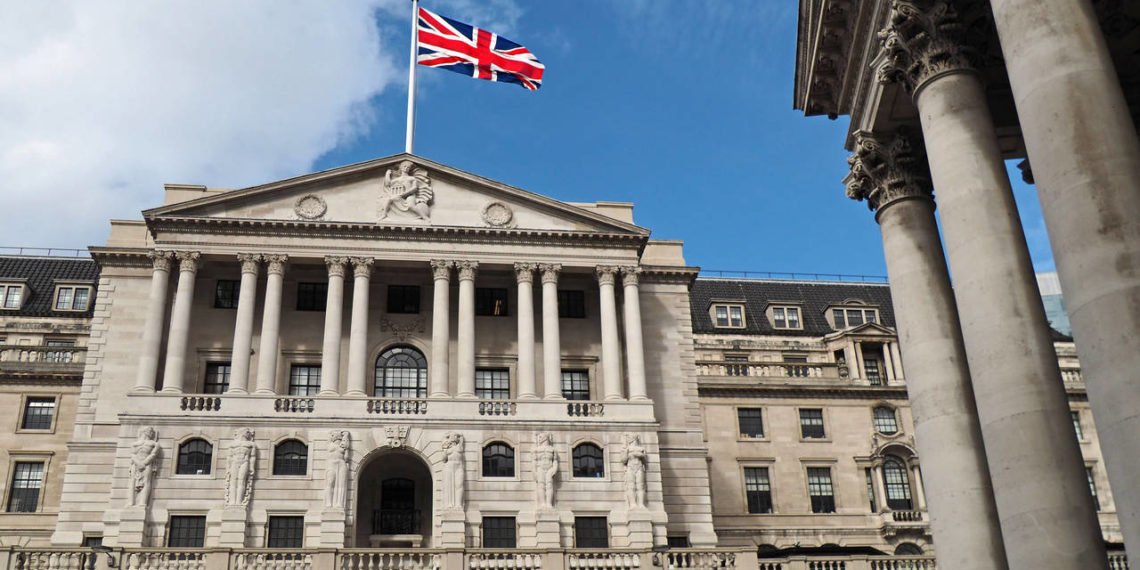The Bank of England (BoE) has expanded its ‘virus crisis support’ by £150bn as it prepares for economic damage from new coronavirus lockdowns and the imminent risk of Brexit without a trade deal.
The UK central bank also announced that it would keep interest rates unchanged at a record low of 0.1% but increase its purchases of UK government bonds to £875 billion ($1.1 trillion).
Restrictions introduced to tackle a rapid rise in Covid-19 cases would weigh on consumer spending to a greater extent than the bank projected in August, “leading to a decline in GDP” in the fourth quarter of this year, it added.
The BoE said the UK’s economy is set to shrink 2 percent during the fourth quarter as a result, and that the economy would plunge by a record 11 percent over the course of 2020 overall, more than the 9.5 percent it had forecast in March.
“The outlook for the economy remains unusually uncertain,” the BoE said.
“It depends on the evolution of the pandemic and measures taken to protect public health, as well as the nature of, and transition to, the new trading arrangements between the European Union and the United Kingdom.”
As England enters its second lockdown of the year, the bank said its decision to unleash more ‘Quantitative Easing’ (QE) now would help “oil the wheels as large parts of the economy grind to another coronavirus-enforced halt.”

The decision also reflects an “initial period of adjustment” to be expected following the conclusion of the Brexit transition period on 31st December, with the BoE stating its influence was based on the assumption of a trade deal being agreed by the year’s end.
The Central Bank raised the size of its asset-purchase programme to 895 billion pounds ($1.2 trillion), 50 billion pounds ($65bn) more than expected by most economists. The programme allows the bank to release cash into the economy to support everyday activities.
“An extraordinary economic shock warrants an extraordinary policy response,” said Ambrose Crofton, global market strategist at JP Morgan Asset Management.
“The resurgence of the virus in recent months will mean both the government and companies are once again turning to global capital markets to borrow large sums. The Bank’s purchases in these markets will help prevent borrowing costs rising,” he said.
BOE also expects the UK’s economy to return to pre-Covid levels in the first quarter of 2022. Previously, it had forecast the recovery would be complete by the end of next year.
The Bank also established that “unemployment is set to peak 7.75 percent in the second quarter of next year, much higher than its most recent reading of 4.5 percent.”
It added that Gross domestic product was likely to “grow by 7.25 percent in 2021, weaker than a previous forecast of 9 percent.”
The Chancellor of the Exchequer, Rishi Sunak is due to speak in Parliament about new financial support measures to mitigate the effects of the lockdown.























